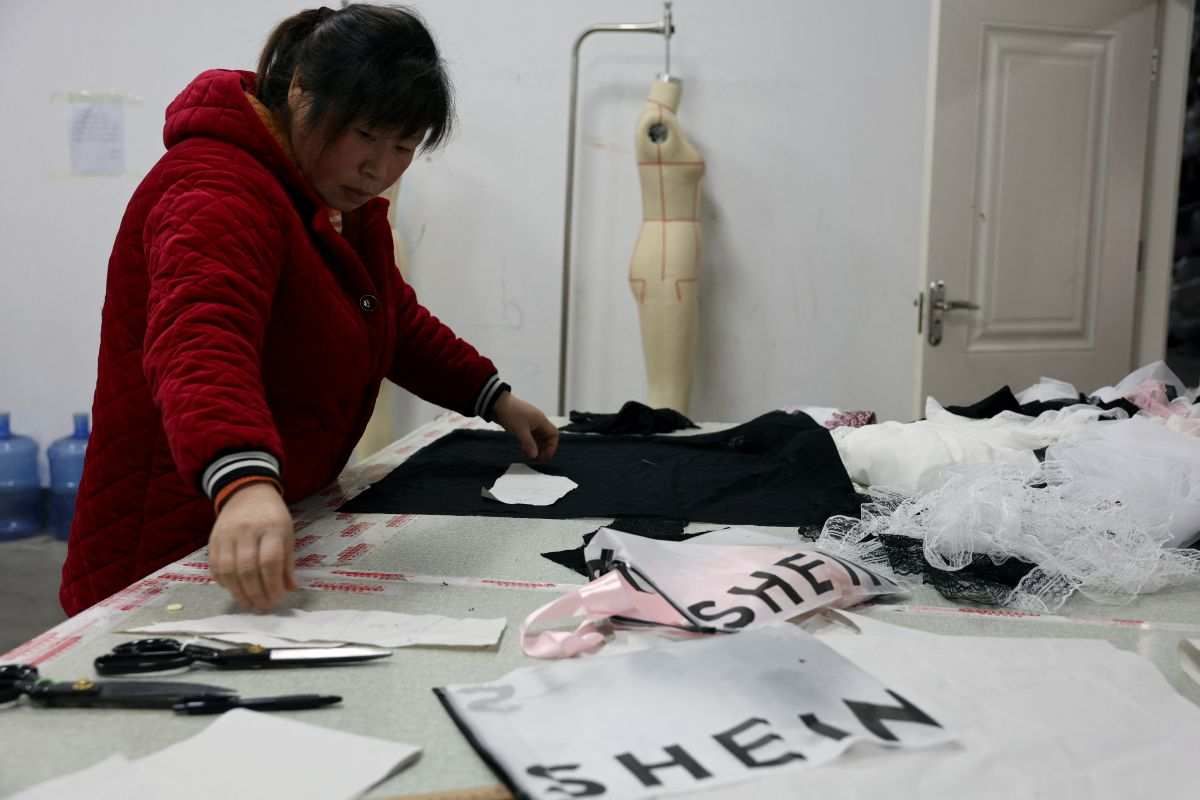50 million: More than 50 million urban homes are unoccupied in China. That’s a vacancy rate of 22 percent, the highest for any country in the world. This problem can be attributed in part to state over-spending to create jobs and boost economic activity and in part to wealthy people, barred by the government from moving their money abroad, parking their cash in costly home investments.
258,000: It apparently costs the Russian government $258,000 per year to keep Vladimir Lenin’s corpse on display in the Lenin Mausoleum in Red Square. That’s about $707 dollars per day, nearly the same cost as the Singapore Shangri-La Hotel’s Castle suite, a fantasy playroom for kids.
70: Venezuela is rolling out a nationwide electronic ID card with the help of a Chinese telecommunications company, as a part of a broader $70 million effort to bolster national security. The "carnet de la patria," or "fatherland card," will be tied to the critical government services Venezuelans rely on to make ends meet.
1: Following this week’s resignation of Israeli Defense Minister Avigdor Liberman and the exit of his faction from government, Prime Minister Netanyahu’s coalition now holds a majority of one (61 of 120 seats) in Israel’s parliament. Other parties are now threatening to exit. If so, Netanyahu could face elections in coming weeks even as he contends with three separate corruption investigations of his own.
